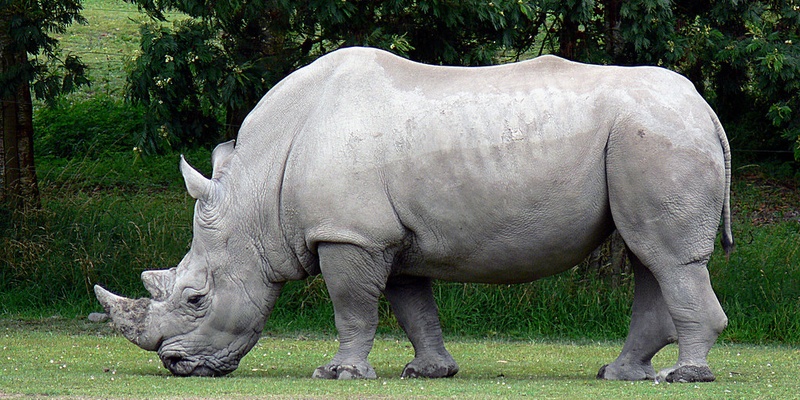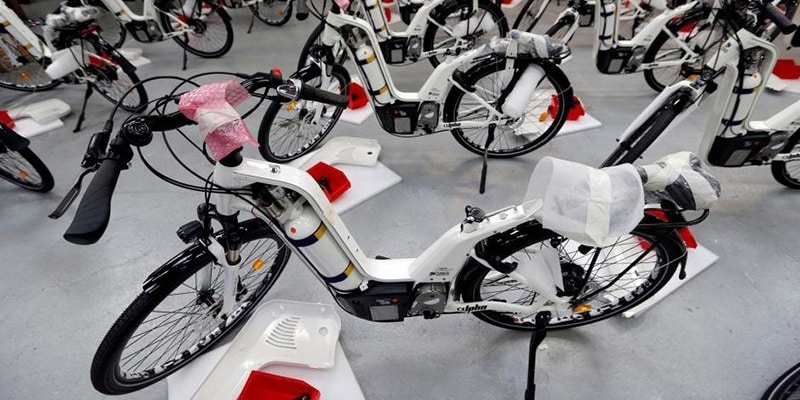India Is Set to Witness the World’s Biggest Tribal Festival at Medaram
From January 28 to January 31, the quiet forests of Medaram in Telangana’s Mulugu district will transform into the spiritual heartbeat of India. Millions will walk dusty paths, cross streams, and brave long journeys not for spectacle, but for faith. The Telangana government has announced that it will organise Medaram Jatara, also known as the Sammakka Saralamma Jatara, on a scale comparable to the Kumbh Mela, calling it the world’s biggest tribal festival. But beyond numbers and logistics, this gathering represents something deeper: the soul of India’s indigenous traditions stepping into the national spotlight. This is not a festival born in palaces or temples of stone. It rises from forests, memory, and resistance, where belief flows without idols, and divinity lives in nature itself.The Sacred Story of Sammakka and SaralammaAt the heart of Medaram Jatara lies a powerful legend rooted in courage and sacrifice. Sammakka and her daughter Saralamma are not worshipped as distant goddesses but as ancestral tribal women who stood up to injustice. According to folklore, Sammakka led a revolt against the powerful Kakatiya dynasty, refusing to submit to unfair taxes imposed on tribal communities. Her struggle was not about conquest but dignity. Rather than temples, devotees worship simple wooden symbols, soil, and vermilion. The forest itself becomes the shrine. In this rare tradition, divinity is inseparable from land, trees, and collective memory. For tribal communities, Medaram is not just a pilgrimage—it is a return to identity.A Festival That Defies Conventional ReligionUnlike most large religious gatherings in India, Medaram Jatara is strikingly different in form and spirit. There are no towering gopurams, no grand idols, and no rigid rituals controlled by priestly hierarchies. Faith here is raw, democratic, and deeply personal. Devotees offer jaggery, coconuts, bangles, and prayers believing Sammakka and Saralamma accept offerings only during these sacred days. Held once every two years, the Jatara draws crowds that rival global religious events. People arrive from Telangana, Andhra Pradesh, Chhattisgarh, Maharashtra, Odisha, and even from abroad. Many walk barefoot for kilometres, carrying vows, children, and stories passed down generations. For them, Medaram is where prayers are heard without words.Telangana’s Historic Step: A Tribal Festival on a National ScaleIn a significant and symbolic move, Chief Minister A Revanth Reddy announced that the Telangana government will organise Medaram Jatara on the lines of the Kumbh Mela. This marks a shift in how tribal culture is viewed, not as a footnote, but as a central chapter of India’s civilisational story. For the first time, the state cabinet itself met in Medaram, outside Hyderabad. The message was clear: governance must go where history lives. Officials are planning extensive arrangements, including enhanced transport networks, temporary accommodations, sanitation facilities, medical camps, emergency response systems, and crowd management strategies to handle the massive influx of pilgrims. By placing Medaram Jatara on the same logistical and symbolic pedestal as the Kumbh Mela, Telangana is redefining what national festivals can look like.Faith That Walks on Bare FeetWhat makes Medaram Jatara extraordinary is not scale alone, but emotion. Elderly women whisper prayers for their families. Farmers seek rain and good harvests. Many believe that their lives changed after visiting Medaram: debts eased, illnesses healed, and hope restored. In a world dominated by digital worship and televised spirituality, Medaram remains profoundly human. There are no VIP enclosures in faith. Everyone stands equal before the forest and the goddesses it shelters.Why Festivals Like Medaram Jatara Matter to IndiaFestivals like Medaram Jatara are vital to India because they preserve living history, not just rituals. They give voice to communities whose stories were passed through memory, not textbooks. Such gatherings strengthen social unity, connect generations, and keep indigenous traditions alive in a rapidly modernising world. Beyond faith, they celebrate courage, resistance, and identity, reminding India that its cultural strength lies in diversity. These festivals also turn belief into shared experience, where millions come together without hierarchy. In doing so, they reinforce India’s plural spirit and ensure that heritage is not remembered but lived.

.jpg)
.jpg)
.jpg)
.jpeg)


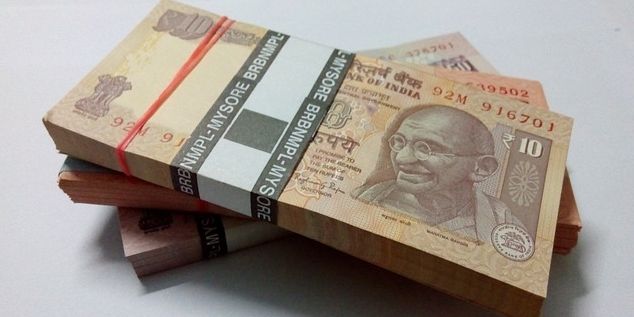
 (1).jpeg)
.jpeg)
.png)
.jpeg)



.jpg)
.jpg)
.jpeg)
.jpg)
.jpg)
.jpg)
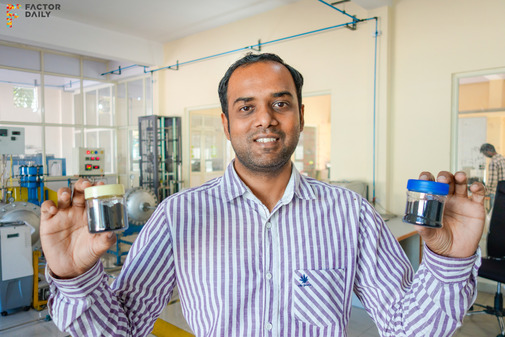
.jpg)

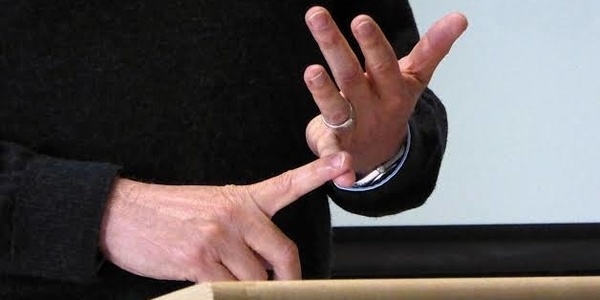
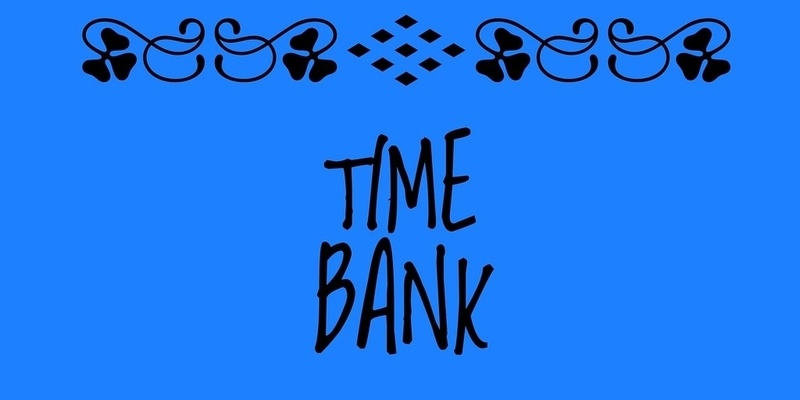

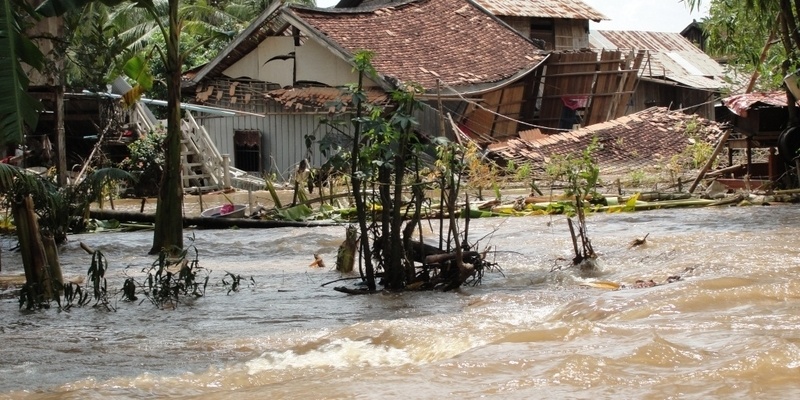
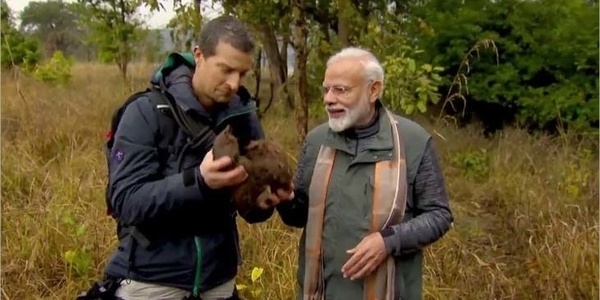
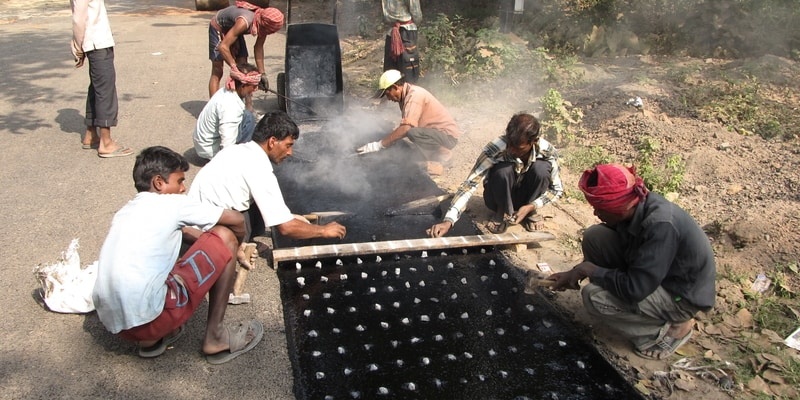
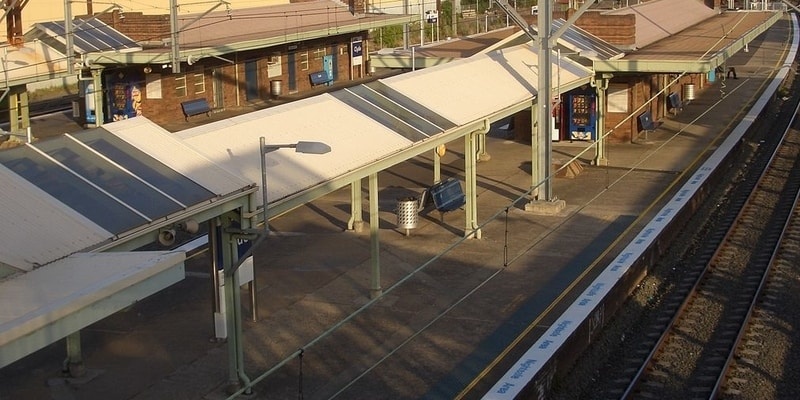


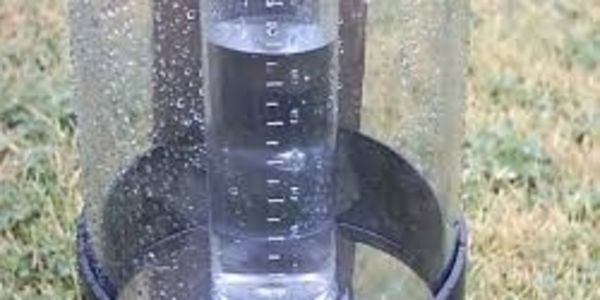





.jpg)
.jpg)
.jpg)
.jpg)
